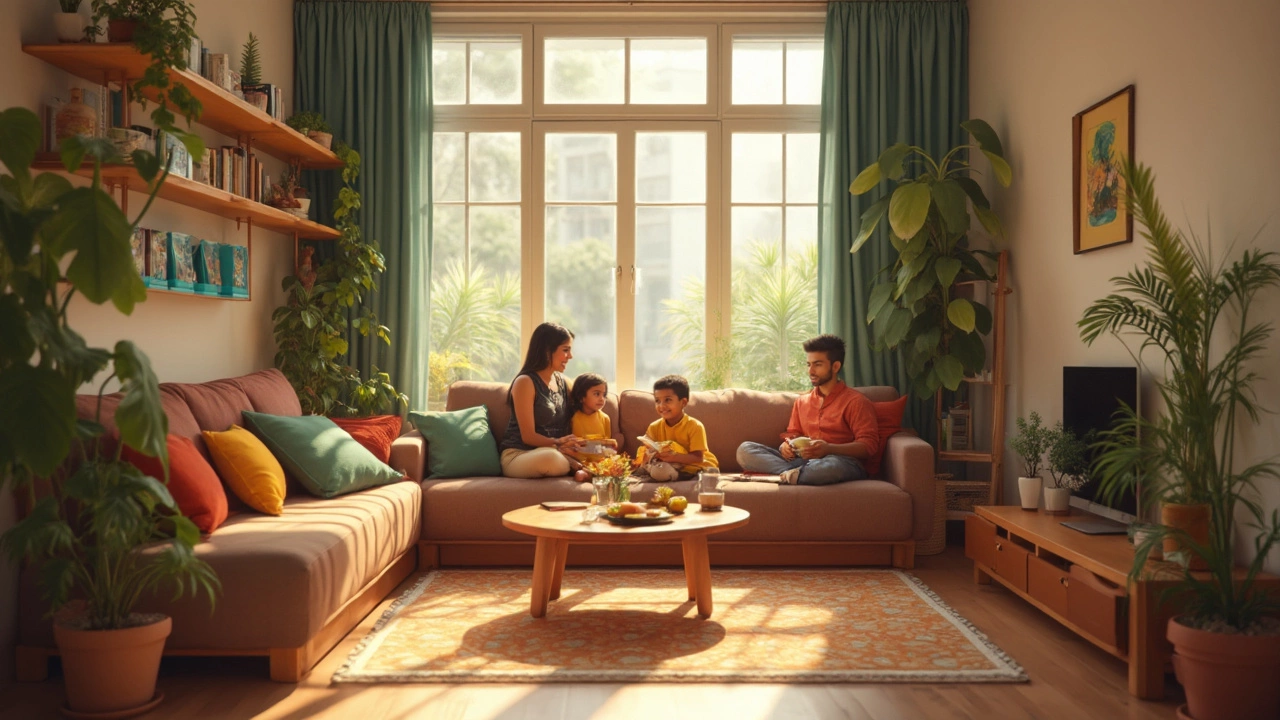Looking for an apartment can feel overwhelming, especially when you don't know how much space you actually need. Whether you're a solo professional, a couple, or a small family, the right apartment size makes daily life easier and keeps your budget in check. In this guide, we'll break down the basics of apartment space, help you match size to lifestyle, and share quick tips to score a deal without the hassle.
Apartment sizes are usually expressed in square feet (sq ft) or by the number of rooms (like 1BHK, 2BHK, etc.). A 1BHK means one bedroom, a hall, and a kitchen; a 2BHK adds a second bedroom. In India, you’ll also see terms like 2DK or LDK, which indicate a separate dining/kitchen area. Here’s a quick cheat sheet:
When you compare listings, don’t just look at the number of rooms. Check the layout – a well‑designed 600 sq ft apartment can feel more spacious than a poorly laid‑out 800 sq ft unit.
1. Set a clear budget first. Include rent or mortgage, utility bills, parking fees, and a cushion for maintenance. A common rule is that housing costs shouldn’t exceed 30 % of your monthly income.
2. Use online filters wisely. Most real‑estate portals let you filter by area, price, and size. Tick the “no‑broker” option if you want to avoid extra fees.
3. Visit the place in daylight. Light can change the perception of space. Look for natural light, ventilation, and how the rooms flow into each other.
4. Measure critical spaces. Pull out a tape measure and check the width of doors, the size of the kitchen countertop, and bathroom dimensions. Small mismatches can become big annoyances later.
5. Ask about hidden costs. Some complexes charge extra for amenities, security, or garbage. Get a written list before you sign anything.
6. Think long‑term. If you plan to stay for at least three years, a slightly bigger unit might save you the hassle of moving again. On the other hand, if you expect a job change, a smaller, flexible lease could be smarter.
Finally, trust your gut. If a place feels cramped or the landlord seems evasive, keep looking. There are plenty of apartments out there, and the right space will make your everyday routine smoother and more enjoyable.
Ready to start your search? Grab a notebook, note down your must‑haves, and use the tips above to filter out the noise. Happy hunting, and may your next apartment fit you perfectly!

Ever wondered if 800 sq ft is big for an apartment? Discover if it's enough for comfort, how people thrive in compact spaces, and real tips to make every square foot count.